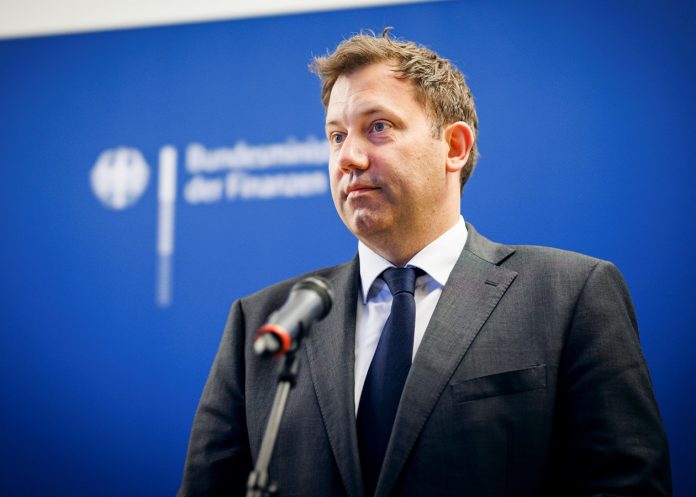Vicecanzler of Germany and the leader of the Social Democrats (SPD) Lars Klingbile officially denied the statement of the head of the Government Friedrich Mertz to extend the permission to long-range strikes in Russia. At the newly held press conference, he stressed that no new arrangements for the radius of arms were made for Ukraine.
"As for the range [blows], I would like to say that there is no new agreement that would go beyond what the previous government has made," said KlingBayl, hinting at the position of Olaf Solz administration, which remained cautious about the supply of Taurus missiles and similar systems of the Action.
Klingbayl's words are actually refuting a recent statement by Friedrich Merz, a representative of the CDU/CSU Conservative Bloc, who had previously hinted at Germany's readiness to allow Kiev to beat deep in the rear of Russian troops. Journalists of leading German TV channels, including N-TV, suggest that Merz did not consult their position with coalition partners.
The conflict between the CDS/CSS and SPD parties exacerbates the internal tension in the government coalition. On the one hand, conservatives, led by the dead, seek more active military support for Ukraine to accelerate the end of the war open. On the other hand, the Social Democrats emphasize the need to refrain from escalation, so as not to turn Germany into a direct participant in the conflict.
According to the cadence of former Chancellor Olaf SPD (SPD), Germany refused to supply missiles with a range of more than 300 km, arguing that it is a risk of aggravation of relations with Moscow and the possible expansion of Russian offensive. The political establishment of Germany supported the position that weapons with a too large radius of action could be used for blows to the territory of the Russian Federation, which would automatically turn Germany from the supplier to the immediate side of the conflict.
The European Union has already been discussing whether to provide Ukraine with additional means capable of striking strategic objects on the front line. Several countries, including France and the United Kingdom, did not limit the range of supply of their own systems. However, Berlin, as the largest donor and key member of the EU, still maintained a restrained position.
Now that the contradiction between Merz and Klingbaille has become public, the Ukrainian leadership has been a signal: to expect reliable support from Germany in the issue of long -distance blows. And the internal political struggle in Berlin can delay the final decision on the month.


